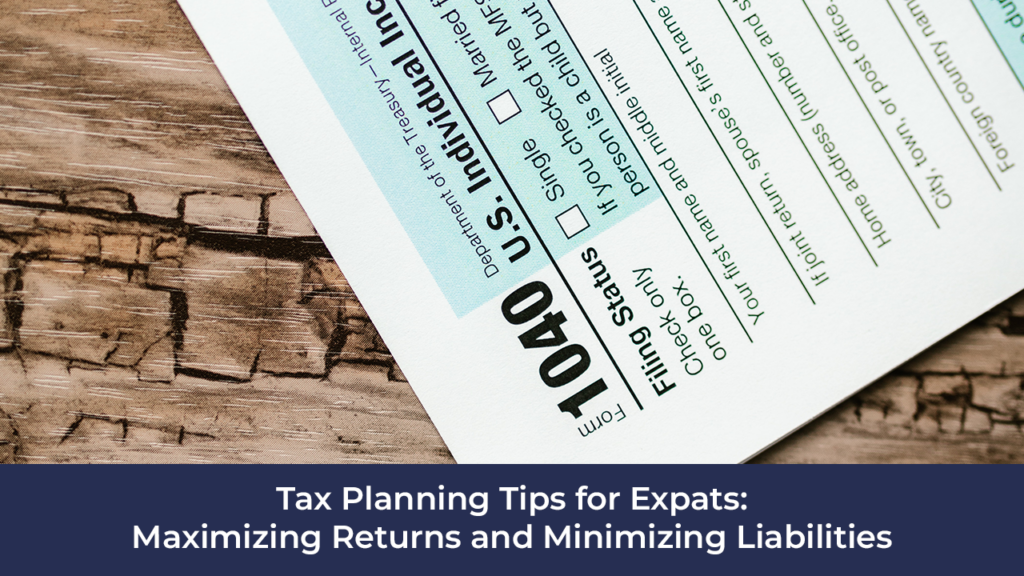Retirement is a time to enjoy life, especially if you are an expat in Germany. However, it is important to plan ahead and budget for your healthcare needs. This blog post will discuss how much you should budget for healthcare in retirement as an expat in Germany. We will look at the types of healthcare available, the costs associated with them, and other costs to consider. We will also provide some tips on how to save money on healthcare in retirement. Finally, we will offer advice on what to do if you need additional help. By the end of this post, you will have a better understanding of how to budget for healthcare in retirement as an expat in Germany.
Healthcare Costs for Expats in Germany
Living in Germany as an expat in retirement can be an attractive option due to its strong economy and quality healthcare system. However, it’s important to consider the costs associated with healthcare before taking the leap. Healthcare costs for expats in Germany can vary greatly, depending on the type of coverage you need and the length of your stay. Generally, expats can expect to pay a monthly premium of around €80-100 for basic private health insurance. This will cover most routine medical expenses, such as doctor’s visits and prescriptions, but may not cover more specialized care. If you need additional coverage, you may be able to purchase supplementary insurance, although this will cost extra. Additionally, keep in mind that you may be required to pay a portion of the cost of any medical services upfront. All in all, it is important to carefully consider the cost of healthcare in Germany before committing to a retirement plan there.
Factors That Affect Healthcare Costs in Retirement
In addition to the cost of health insurance in Germany, there are several other factors that can affect how much you need to budget for healthcare in retirement. For instance, if you have a chronic health condition, the cost of medications and treatments can be extremely expensive. Additionally, if you are over the age of 65, you may need to pay additional costs for long-term care. Finally, if your retirement income is not enough to cover the cost of healthcare, you may need to look into government subsidies or other programs. It is important to consider all of these factors when budgeting for healthcare in retirement.
Estimating Your Healthcare Costs in Retirement
Retiring abroad can be a great adventure, but it’s important to plan ahead for your healthcare costs. As an expat in Germany, you should take into account both the cost of health insurance and any potential medical expenses you may incur. Estimating your healthcare costs in retirement can be tricky, as different policies will cover different services and treatments, and you may need to pay for some services out of pocket. It’s important to research the cost of different insurance policies, and make sure you understand the coverage they offer. Additionally, it’s a good idea to budget for potential medical costs that may arise, such as doctor’s visits, medications, and treatments. With careful planning, you can ensure you have enough money to cover your healthcare needs in retirement.
Steps to Take to Prepare for Healthcare Costs in Retirement
Retiring abroad in Germany can be a great experience, but it also comes with many challenges, including budgeting for healthcare costs. With proper planning and preparation, you can ensure that you have a secure and comfortable retirement in Germany. Here are some steps to take to prepare for healthcare costs in retirement:
- Research the types of healthcare coverage available to expats in Germany.
- Calculate how much you can afford to spend on healthcare each month.
- Consider purchasing a private health insurance policy to supplement any government-provided coverage.
- Make sure that you understand any potential tax implications of receiving healthcare in Germany.
- Consider setting aside funds in a dedicated retirement healthcare account.
By taking these steps, you can ensure that you have the financial resources to cover any healthcare costs that may arise during your retirement in Germany. With the right planning and preparation, you can enjoy a secure and comfortable retirement in Germany.
Conclusion
The conclusion of this blog post is that expats in Germany should budget for healthcare in retirement. Germany has one of the most expensive health care systems in Europe, there are still extra costs associated with healthcare that need to be taken into account. The minimum base rate for state health care in Germany is 14% of your taxable income as a pensioner as well as a minimum of 3,05% for your long-term nursing care cover. A German compliant private health care plan can start from as little as 500€ per month and can offer you better cover, you should choose carefully and get qualified advice when making this decision. Retirement planning is an important part of any expat’s life, and budgeting for healthcare should be a part of that plan. Knowing what to expect in terms of healthcare costs can help expats make informed decisions about how to budget for their retirement in Germany.





